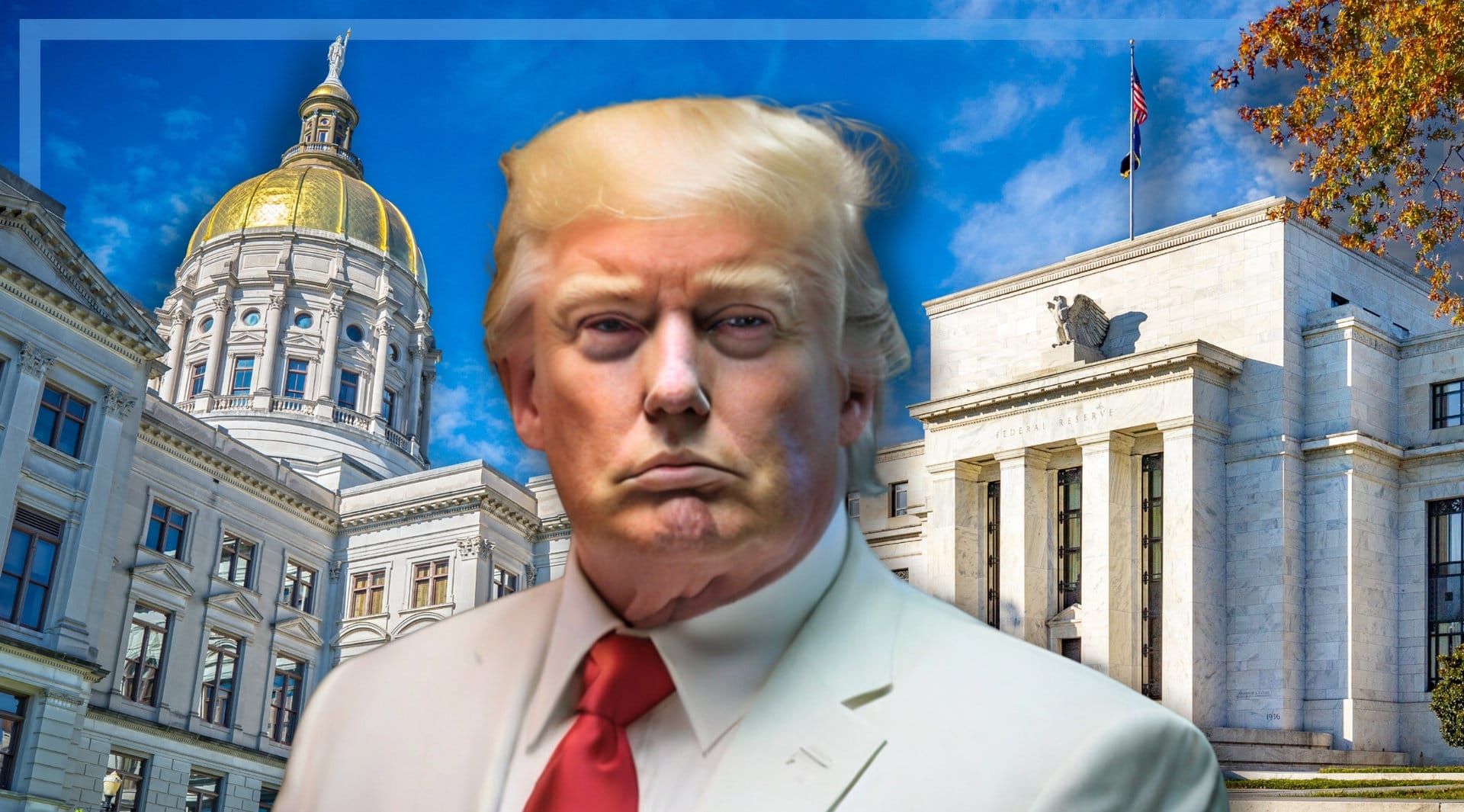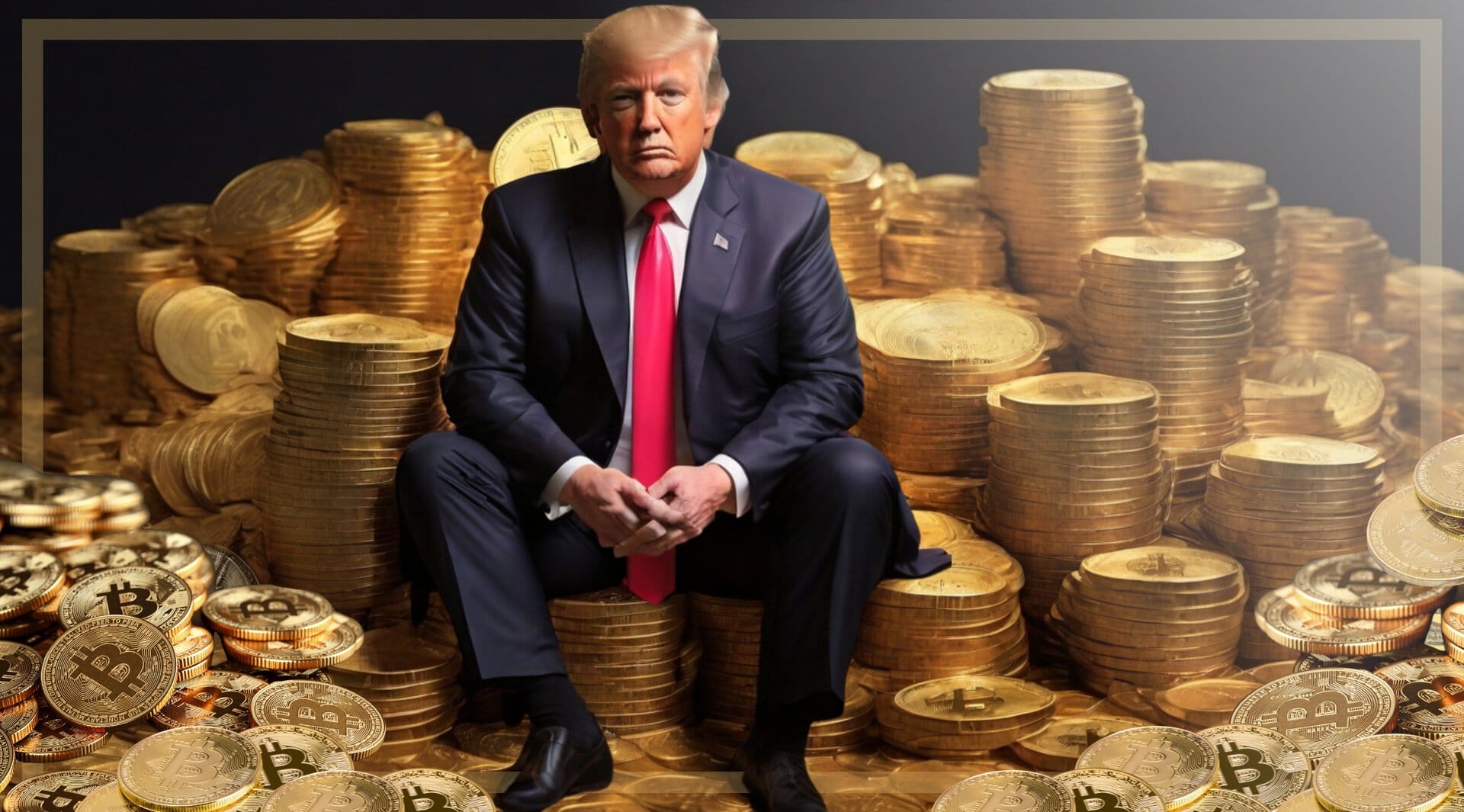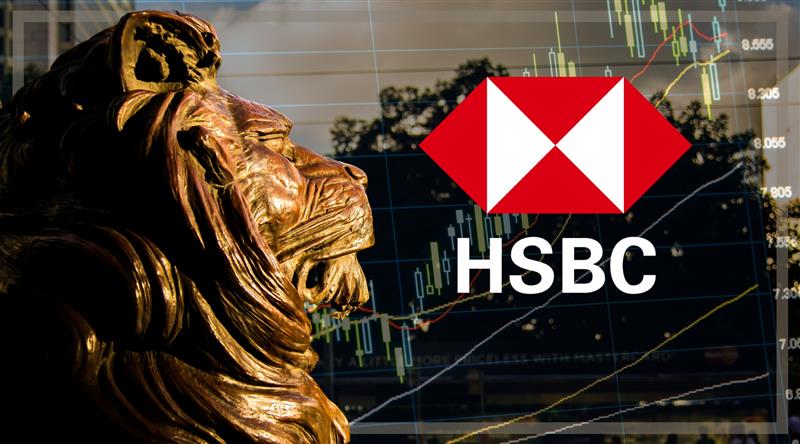What’s going on at the Federal Reserve?
Officials at the US central bank seem to be in complete denial over a looming round of inflation that appears to be practically guaranteed in Western markets. The disruption to supply chains caused by Houthi attacks on commercial shipping in the Red Sea is causing billions of dollars’ worth of goods destined for Europe and the US to be diverted around the Cape of Good Hope, delaying delivery times by up to a month.
With shortages already appearing in some industries, higher prices in the US and elsewhere are highly likely. The prospect of higher inflation means that monetary easing – which would only serve to fuel even higher prices – should be off the table.
Despite this, central bankers in the States are suggesting that a cycle of rate cuts could be about to start. While taming expectations of an imminent decrease next month, Chairman Jay Powell suggested in an interview earlier this week that the Fed still expects to make three quarter-point cuts in 2024. Powell also said that “almost all” of the members of the Federal Open Market Committee (FOMC) think that the Fed will be lowering rates at some point this year.
Such talk, just at the time when prices could be about to start rising again, is bizarre.
Jay Powell says Fed expects to make three rate cuts this year https://t.co/t9WMn9Wrcm
— Financial Times (@FT) February 5, 2024
One can only assume that the Fed’s economists know what they’re talking about, so what explains this rhetoric? Philip Pilkington, an investment professional in London, suspects that this might have something to do with the fact the States is now in an election year.
Indeed, the incumbent Biden administration would be delighted to see rates lowered as this would potentially allow the US to avoid a recession, stimulate greater spending and economic activity, and allow Biden to go into the election unencumbered by the economic pain higher rates would cause.
“In the run up to the FOMC meeting in mid-December, those who were watching the data mostly thought that because core services inflation was still elevated, the Fed would not be able to signal interest rate cuts,” Pilkington told Disruption Banking. “Those with a more political mindset said that they would because 2024 is an election year and Trump is on the ballot. The politically minded commentators won out.”
With Trump himself recently saying he would seek to replace Powell, accusing the Fed Chairman of being “political” and predicting he would cut rates to “help the Democrats,” things are now getting personal. One might even suspect that Powell now has a personal interest in facilitating a Biden re-election. But given how the Fed has acted in recent months, surely Trump is perfectly justified in making these comments?
Likely Republican nominee Donald Trump says he would not appoint Jerome Powell to head the Federal Reserve if he is reelected as president in November https://t.co/YHyuTCiLoO
— Bloomberg Markets (@markets) February 2, 2024
Central bank independence was sold as a way to ensure interest rates were taken out of the hands of cynical politicians. Technocrats controlling monetary policy free from democratic oversight, we were told, is the best way to guarantee that the economy is run in an objective, non-partisan way. But are Powell’s actions rubbishing for good the idea that interest rates can ever not be political?
Pilkington believes that the Fed’s politicisation of monetary policy could severely damage its authority – particularly if citizens come to realise that their purchasing power was seen as legitimate collateral damage by the Fed for a Biden victory in November’s election.
“Now forward-looking PMI metrics are showing that services inflation might be ticking back up. This comes against the backdrop of serious disruptions to shipping in the Red Sea. The new few weeks will test how far the Fed can push a political narrative dressed up as an economic one,” Pilkington said. “If they push it too far, especially if they miss another outbreak of inflation, their credibility may never recover.”
Author: Harry Clynch















